When 78-year-old Robert’s diabetes management became increasingly complex, his daughter Lisa found herself drowning in a sea of medical appointments, medication schedules, and health monitoring requirements. Between work and her own family responsibilities, she struggled to keep track of his blood sugar readings, ensure he was following dietary restrictions, and coordinate care between multiple healthcare providers.
Robert’s turning point came when his Biscochito caregiver, James, noticed subtle changes in Robert’s daily patterns that even the family had missed. This early detection led to medication adjustments that prevented a serious health crisis. Lisa realized then that having consistent caregiving relationships in Robert’s life wasn’t just about companionship – it was a crucial component of comprehensive health management.
The Complex Web of Aging Health Needs
As we age, health management becomes increasingly complex. What once might have been simple medication routines can evolve into intricate schedules involving multiple prescriptions, dietary restrictions, exercise requirements, and regular monitoring. Add in the coordination required between primary care physicians, specialists, pharmacists, and sometimes multiple family members, and the system can quickly become overwhelming.
Many families find themselves struggling with:
-
Medication Management – multiple prescriptions with different schedules, potential interactions, and side effects that need monitoring.
-
Symptom Recognition – knowing what changes are normal aging versus signs of serious health concerns.
-
Care Coordination – tracking appointments, test results, and recommendations from multiple providers.
-
Lifestyle Management – ensuring proper nutrition, appropriate exercise, and treatment plan adherence.
-
Emergency Preparedness – recognizing when to call family, contact providers, or seek emergency care.
The Advantage of Consistent Caregiving Relationships
Traditional task-oriented caregiving often focuses on completing specific health-related duties: medication reminders, meal preparation, or exercise assistance. While these tasks are important, they represent only one dimension of comprehensive health management.
At Biscochito, our relationship-centered model adds another layer of health security through consistent caregiving relationships. When a caregiver knows your loved one well, they become familiar with daily patterns, preferences, and subtle changes. This deep familiarity serves as an early warning system for health issues that might otherwise be missed.
Recognizing Subtle Changes
Caregivers who are consistently present can notice shifts such as unusual fatigue, appetite changes, or mood differences. These early observations often prevent health crises by prompting timely medical intervention.
Understanding Individual Responses
Every person responds differently to medications, treatments, and health challenges. A consistent caregiver can provide healthcare providers with detailed, personalized information that supports better treatment decisions.
Emotional Health Monitoring
Physical and emotional well-being are closely linked. Caregivers who have built meaningful, consistent relationships are able to recognize when emotional factors—such as depression, grief, or anxiety—are affecting overall health.
Collaborative Care Coordination Through Consistent Caregiving Relationships
One of the greatest challenges families face is coordinating care between multiple providers while ensuring their loved one’s preferences remain central. Relationship-centered caregivers become key partners in this coordination.
-
Communication Bridge – Caregivers can share detailed observations with families and healthcare providers.
-
Medication Partnership – Monitoring effectiveness, side effects, and supporting communication with doctors.
-
Treatment Plan Support – Encouraging healthy routines and lifestyle changes recommended by providers.
Real-World Success Stories
-
Early Detection – Maria’s caregiver noticed subtle changes in her breathing that led to life-saving medication adjustments.
-
Diabetes Management – Frank’s caregiver worked alongside his endocrinologist, helping him achieve better blood sugar control and peace of mind for his daughter.
-
Post-Surgery Recovery – Eleanor’s caregiver supported both her physical therapy and emotional health, helping her recover faster with renewed optimism.
The Family Partnership Advantage
Relationship-centered caregiving doesn’t replace family involvement—it enhances it. Families benefit from:
-
Regular, detailed communication about health status.
-
Professional insight from caregivers who see daily patterns.
-
Crisis prevention through early detection of health changes.
-
More quality time focused on relationships, not just logistics.
Technology and Consistent Caregiving Relationships
Today’s health management often involves tools like glucose meters, medication reminder apps, and remote monitoring. Caregivers integrate this technology into daily life while keeping care personal. Instead of simply logging data, they celebrate progress, explain changes, and provide reassurance when challenges arise.
Proactive Health Partnership
The most effective health management is proactive, not reactive. With consistent caregiving relationships, seniors receive continuous support that emphasizes prevention, dignity, and well-being. This includes:
-
Routine check-ins on physical and emotional health.
-
Encouragement to maintain healthy habits.
-
Advocacy in healthcare settings.
-
Reduced stress for families who can focus on quality moments.
Peace of Mind for Families
When consistent, caring relationships are part of daily life, families feel more secure. Adult children can step back from constant worry and return to being sons, daughters, or grandchildren—enjoying time together without the weight of full-time care coordination.
At Biscochito, we prioritize building consistent caregiving relationships so that health management becomes a true partnership. Families in Santa Fe, Houston, and Boulder are discovering that this approach not only supports better health outcomes, but also restores peace of mind.
Ready to experience the benefits of consistent caregiving relationships? Contact Biscochito Inc. today to learn how our relationship-centered approach can support your family.






